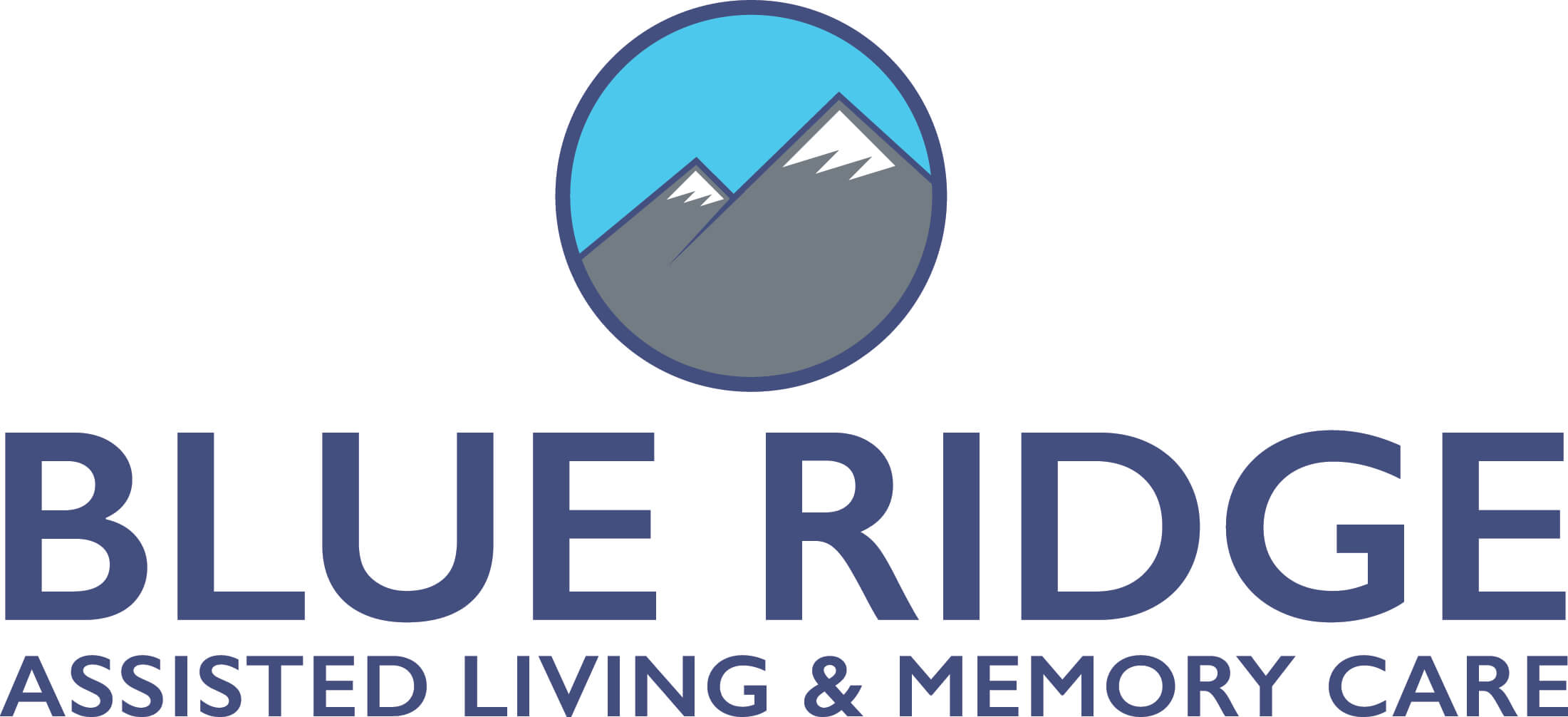Senior assisted living in Ducktown, GA provides valuable support and care for older adults who need assistance with daily living activities. One of the essential aspects of senior care is medication management. However, some older adults may decline to take their medicines, which can worry both the older adult and the person providing care for them. In this post, we will discuss how senior assisted living in Ducktown, GA handles the refusal of medications.
Understanding the Reasons for Medication Refusal
The first step in managing medication refusal is to understand why the resident is refusing to take their medications. Some common reasons for medication refusal in older adults include forgetfulness, fear of side effects, difficulty swallowing, and confusion. By understanding the reasons for medication refusal, caregivers can develop a tailored approach to encourage older adults to take their medications.
Communication with Physicians
Caregivers at senior assisted living communities in Ducktown, GA work closely with physicians to monitor the health and well-being of residents. When a resident refuses medication, caregivers will communicate with the resident’s physician to determine if the medication is essential and if alternative medications or treatments are available. Physicians can also provide recommendations for alternative forms of medication administration, such as liquid medications or transdermal patches.
Encouraging Medication Compliance
One way senior assisted living communities in Ducktown, GA encourage medication compliance is by explaining the importance of medication and its potential benefits. Caregivers can work with older adults to create a medication schedule that is easy to follow and fits their routine. Additionally, caregivers can use reminders and cues, such as setting alarms or using pillboxes, to help older adults remember to take their medications.
Alternative Treatments and Medications
In some cases, older adults may refuse to take their medications due to fear of side effects or concerns about interactions with other medications. In these cases, caregivers at senior assisted living communities in Ducktown, GA may work with physicians to find alternative treatments or medications that are more tolerable for the older adult. Alternative treatments could include natural supplements or dietary changes that may have similar effects to the prescribed medication.
Monitoring for Adverse Effects
Even with alternative treatments and medications, there may be times when older adults still refuse to take their medication. In these cases, caregivers at senior assisted living communities in Ducktown, GA will carefully monitor the older adult’s health and well-being to ensure that their refusal of medication does not cause adverse effects. Caregivers will work closely with physicians to adjust treatment plans as needed to maintain the older adult’s health and well-being.
Working with Family Members
Family members play an important role in helping older adults manage their medication, even when they are residing in a senior assisted living community. Caregivers at senior assisted living communities in Ducktown, GA will work with family members to understand the reasons for medication refusal and develop a plan of care that works for the older adult. Family members can also provide encouragement and support to help older adults take their medications as prescribed.
Medication management is an essential part of senior care in assisted living communities in Ducktown, GA. When older adults refuse to take their medications, caregivers work closely with physicians to develop alternative treatment plans and encourage medication compliance.
By understanding the reasons for medication refusal, caregivers can tailor their approach to encourage older adults to take their medications while also ensuring their health and well-being. Family members also play an important role in helping older adults manage their medication and supporting them in their care.







